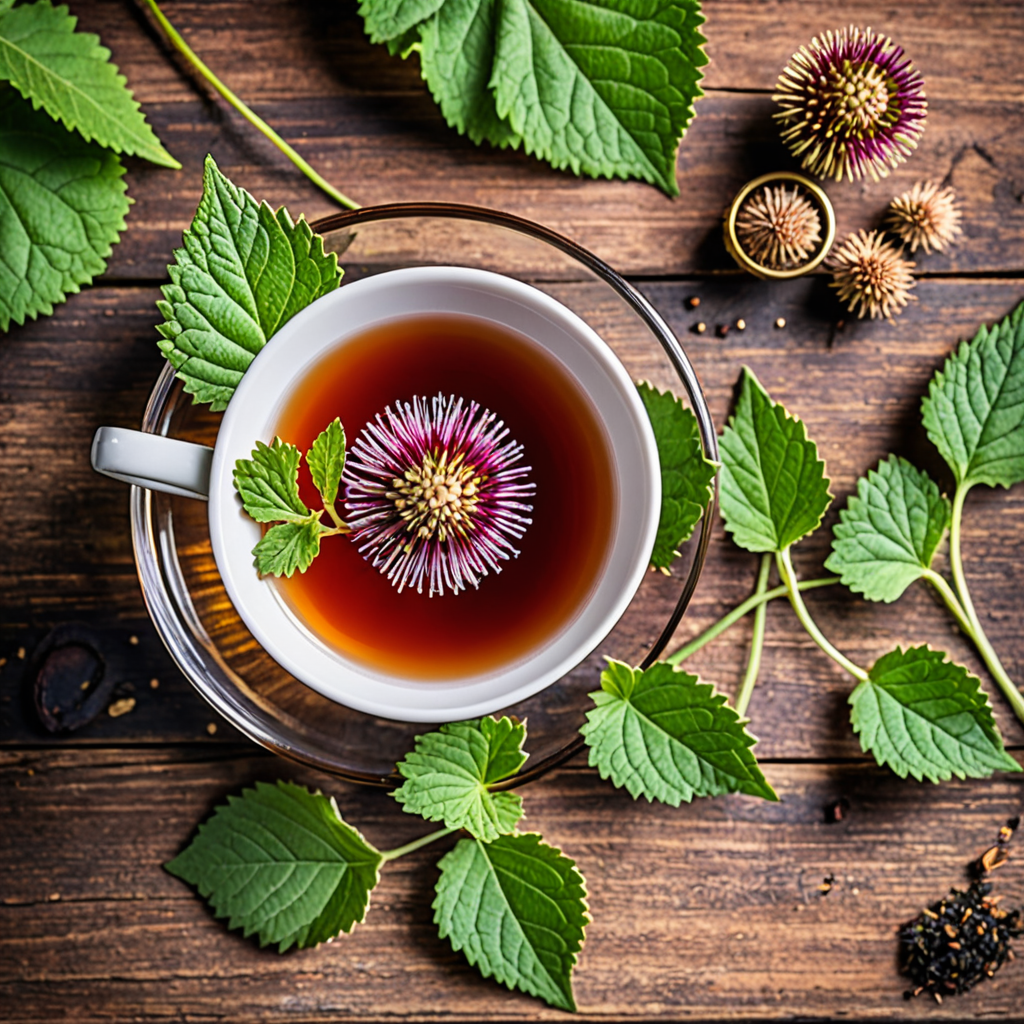Assam Tea: The Perfect Cup of Harmony
The Origins of Assam Tea
Assam tea, the black tea variety, originated in the northeastern Indian state of Assam. Folklore tells of a local tribe discovering the stimulating effects of tea leaves in the wild. In the 1820s, British colonialists recognized its commercial potential. The first commercial tea plantations were established in Assam in the 1840s, marking the beginning of the thriving tea industry that continues to flourish today.
The Growing Regions of Assam
Assam tea is cultivated in two primary regions: Upper Assam and Lower Assam. Upper Assam, nestled in the foothills of the Eastern Himalayas, enjoys a cooler climate and produces teas known for their malty and brisk character. Lower Assam, influenced by the subtropical plains, yields teas with a bolder flavor and rich, earthy notes.
The Climate and Soil of Assam
The unique climate of Assam, characterized by abundant rainfall and high humidity, is ideal for tea cultivation. The soil, rich in organic matter and minerals, provides the necessary nutrients for the tea plants to thrive. The combination of favorable climate and soil conditions contributes to Assam tea's distinctive flavor profile.
The Plucking and Processing of Assam Tea
Assam tea is hand-plucked by skilled workers who meticulously select the two leaves and a bud from the tea bushes. Once plucked, the leaves undergo a series of processing steps, including withering, rolling, fermentation, and drying. These processes transform the fresh leaves into the black tea we enjoy.
The Health Benefits of Assam Tea
Assam tea is not only a delightful beverage but also a source of various health benefits. It contains antioxidants, which protect cells from damage and reduce the risk of chronic diseases such as heart disease and cancer. Assam tea is also known to improve digestion, boost the immune system, and reduce stress levels.
The Taste and Aroma of Assam Tea
Assam tea is renowned for its bold and full-bodied flavor. It has a rich, malty taste with hints of spice and earthiness. The aroma is intense and pungent, with notes of malt and flowers. The liquor is typically dark amber in color and has a smooth, velvety texture.
Pairing Assam Tea with Food
The robust flavor of Assam tea complements a variety of foods. It pairs well with hearty dishes such as grilled meats, stews, and curries. It also goes well with sweet treats like pastries and chocolate. Assam tea can be enjoyed on its own or with milk and sugar, depending on personal preference.
The Cultural Significance of Assam Tea
Assam tea is deeply rooted in the culture of the Assamese people. It is a symbol of hospitality and is often served during social gatherings and religious ceremonies. The tea industry has played a significant role in the economy and development of Assam, making it a source of pride for its inhabitants.
Conclusion: Why Assam Tea Is a Perfect Cup of Harmony
Assam tea, with its captivating flavor, health benefits, and cultural significance, is truly a perfect cup of harmony. From the lush tea gardens of Assam to the teacups of tea enthusiasts around the world, it brings people together and creates moments of tranquility. Whether enjoyed alone or shared with others, Assam tea is a timeless beverage that continues to inspire and enchant.
Frequently Asked Questions (FAQs)
Q: What is the difference between Assam tea and other black teas?
A: Assam tea is known for its bold, malty flavor and full-bodied taste compared to other black teas. It has a higher concentration of tannins, which contribute to its unique character.
Q: Is Assam tea caffeinated?
A: Yes, Assam tea contains caffeine. The amount of caffeine varies depending on the brewing method and tea type, but it typically ranges from 35 to 50 milligrams per cup.
Q: How should Assam tea be brewed?
A: The ideal way to brew Assam tea is with freshly boiled water. Use one teaspoon of loose tea leaves per cup of water. Steep for 3-5 minutes, depending on desired strength. Add milk and sugar to taste, if preferred.


